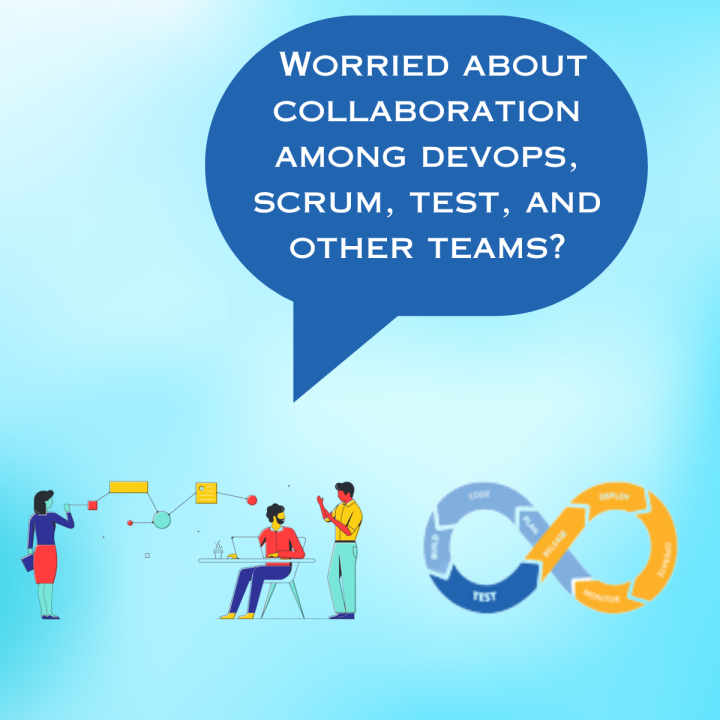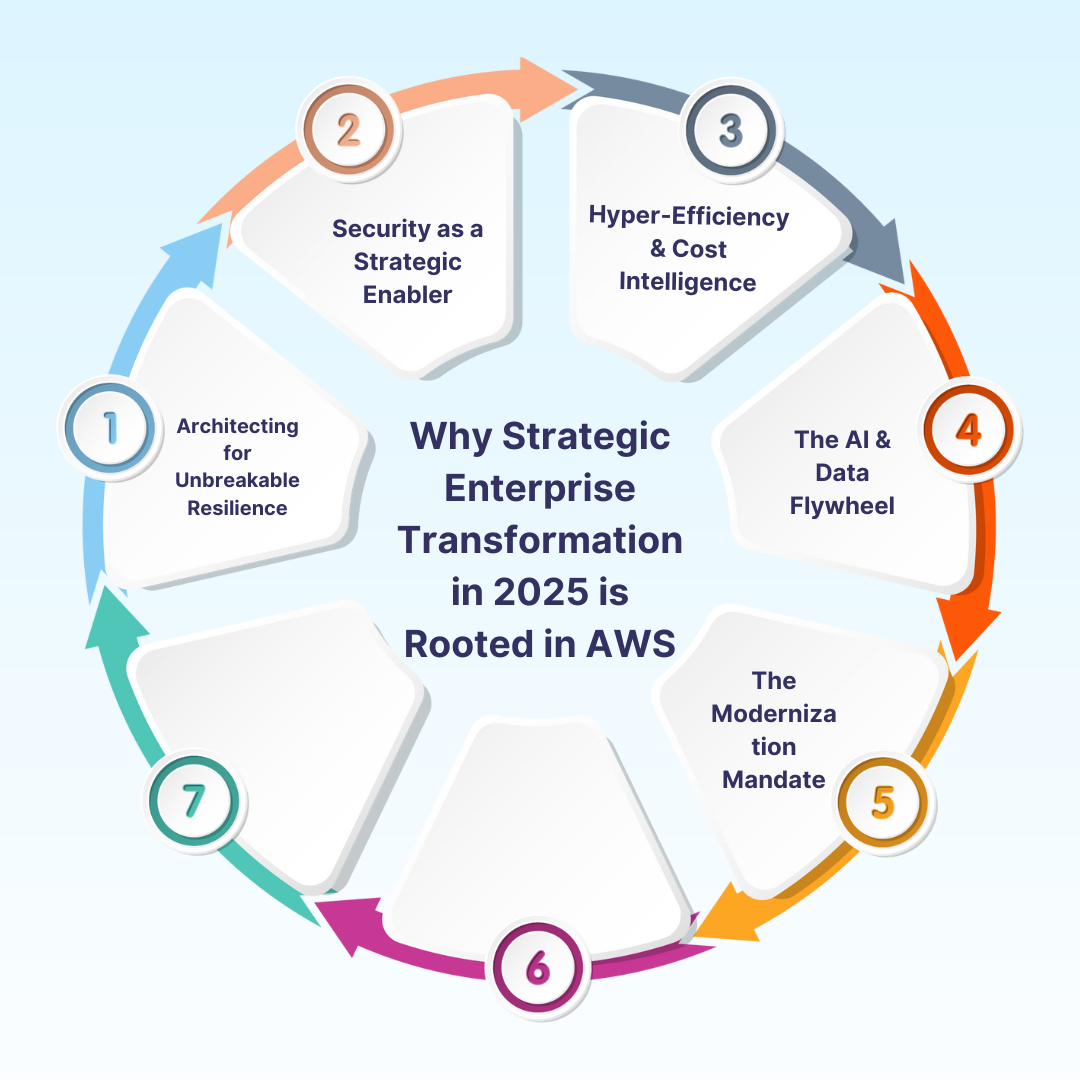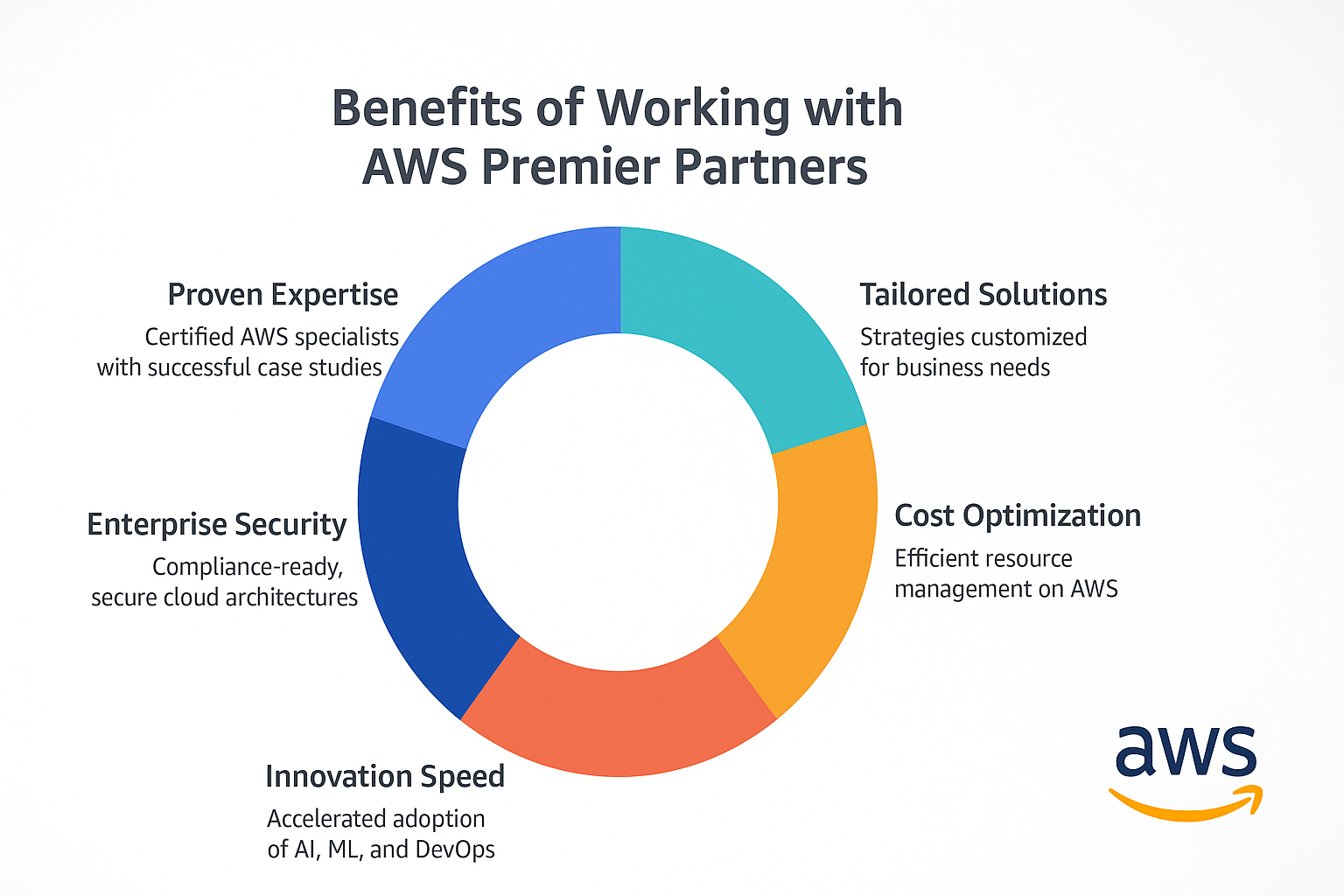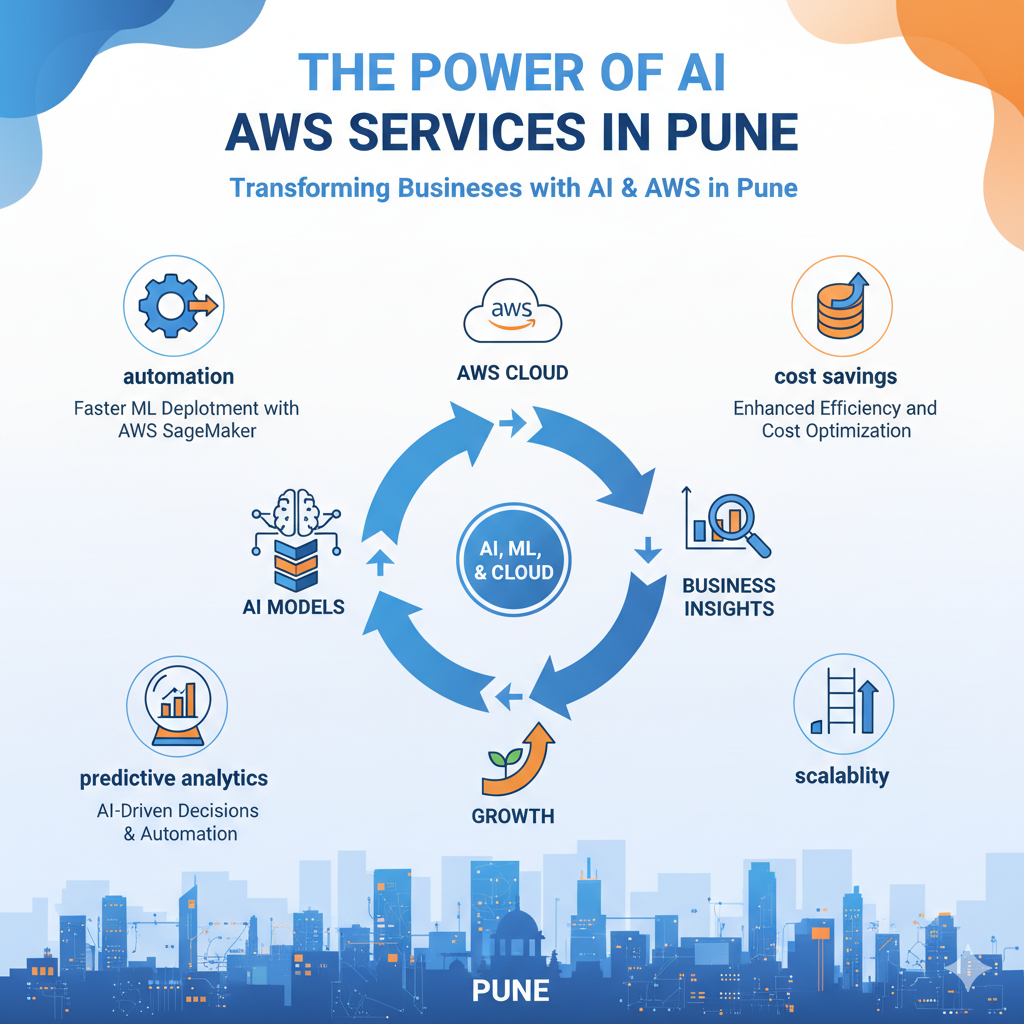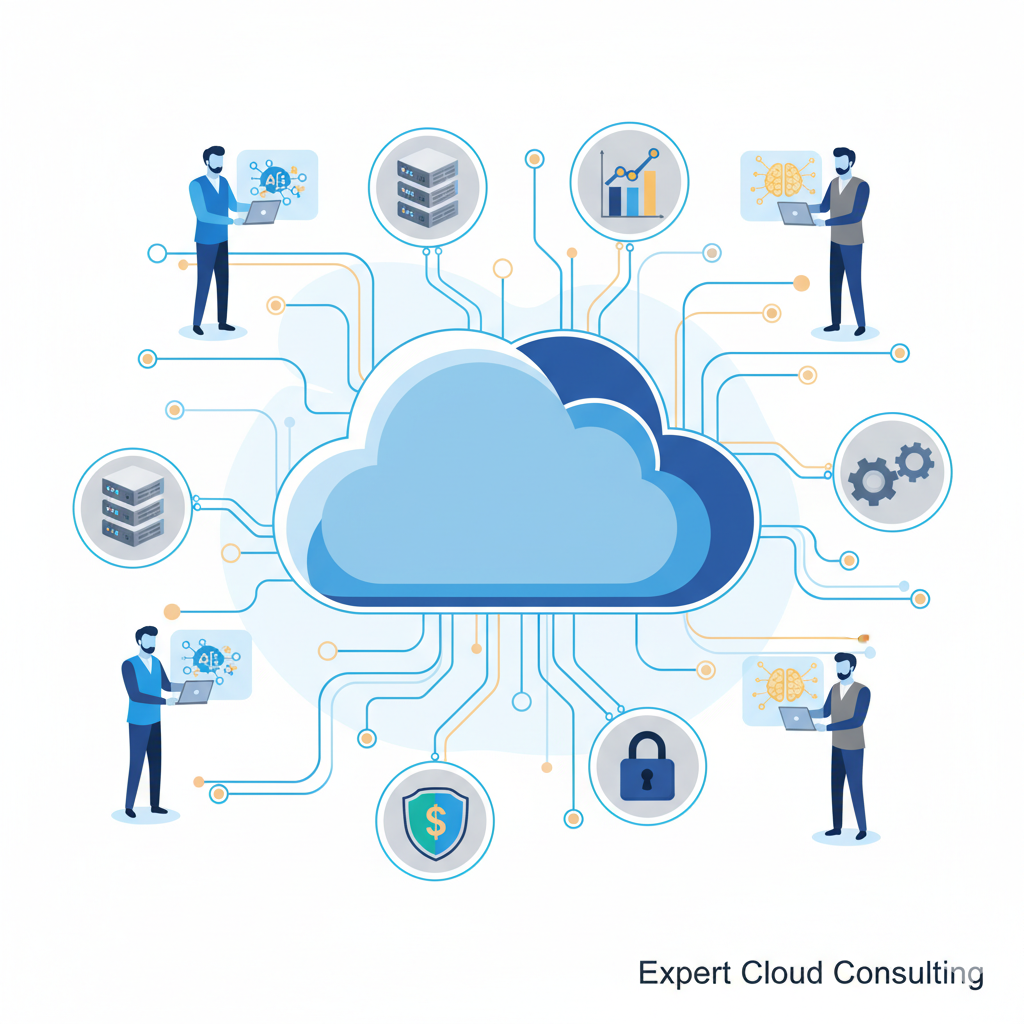Key Strategies to Overcome Challenges
1. Embrace Cross-Functional Collaboration:
cross-functional collaboration. Encourage regular interaction and knowledge sharing among team members from different disciplines, such as development, operations, testing, and project management. By breaking down silos and promoting cross-functional collaboration, you can enhance communication, improve efficiency, and deliver better results.
2. Implement Continuous Integration and Continuous Deployment (CI/CD):
CI/CD practices automate the software delivery process, enabling teams to work collaboratively on a shared codebase. By integrating code changes frequently and deploying them automatically, you can reduce conflicts and enhance collaboration between development and operations teams. This approach fosters a culture of collaboration by enabling teams to iterate rapidly and deliver software updates more frequently.
3. Foster a Culture of Shared Responsibility:
In DevOps and Agile projects, it’s crucial to foster a culture of shared responsibility. Encourage team members to take ownership of the entire software delivery lifecycle, from development and testing to deployment and monitoring. This shared responsibility mindset promotes collaboration as teams work together to ensure the success of the project and collectively address challenges.
4. Establish Clear Communication Channels:
Effective communication is paramount for collaboration in DevOps and Agile projects. Establish clear and efficient communication channels, both synchronous (such as daily stand-up meetings) and asynchronous (via collaboration tools like Slack or Microsoft Teams). Regularly communicate project updates, progress, and challenges, ensuring that all team members are well-informed and can collaborate effectively.
5. Align Goals and Priorities:
Collaboration is most effective when teams are aligned with common goals and priorities. Ensure that everyone understands the project’s objectives, milestones, and key deliverables. By aligning goals and priorities, teams can work collaboratively, supporting each other to achieve shared targets and maintain project momentum.
6. Foster Continuous Learning and Improvement:
DevOps and Agile projects emphasize continuous learning and improvement. Encourage teams to regularly reflect on their processes through retrospectives and identify areas for improvement collaboratively. Invest in training and professional development opportunities to enhance the skills of team members, enabling them to contribute effectively and collaborate on complex technical challenges.
7. Encourage Collaborative Tools and Practices:
Leverage collaboration tools specifically designed for DevOps and Agile projects. These tools promote transparency, facilitate knowledge sharing, and streamline collaboration among teams. For example, version control systems like Git, issue-tracking tools like Jira, and continuous integration platforms like Jenkins enable teams to collaborate seamlessly, track progress, and resolve issues efficiently.


